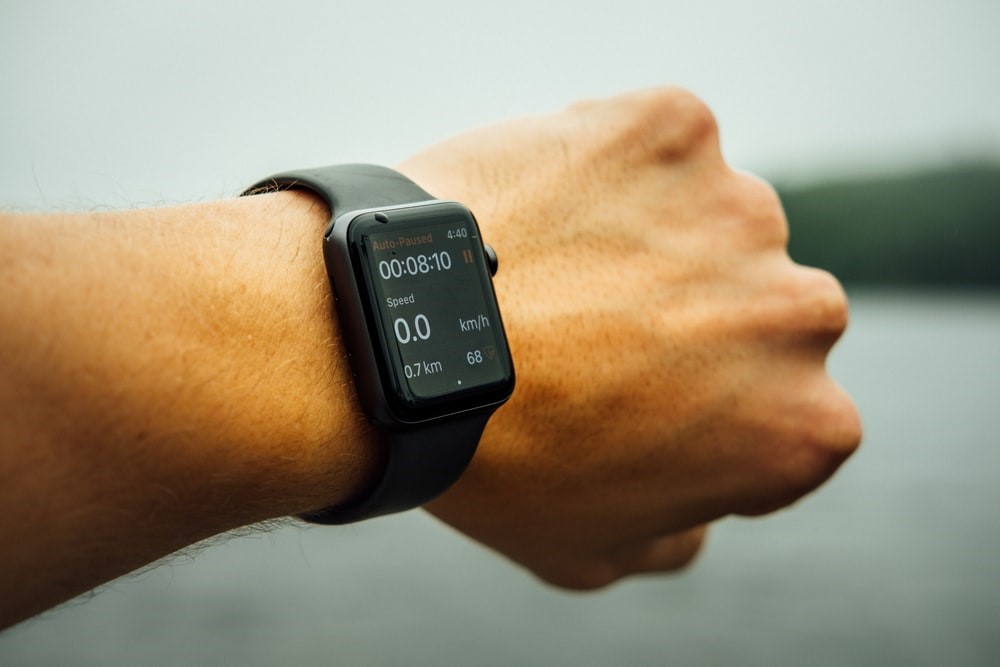With the ease of lockdown restrictions in sight, I’ve been reflecting on how I’ve chosen to invest my spare time over the past year. Many of us have used the time at home to perfect a range of new and old hobbies, from cooking and baking, to running, doing yoga and even learning how to crochet. Among this endless list of hobbies, playing video games is one that has seen a dramatic increase in popularity, with players using it as a way to stay entertained whilst also connecting with friends online when they couldn’t meet physically.
Challenging Misconceptions
For me, playing video games is a way to relax and disconnect from the world, and has been a positive factor towards maintaining my mental health and wellbeing throughout lockdown. Researchers at Oxford University studied patterns of player behaviour and found that experiences of competence and social connection with others through play can indeed contribute to wellbeing. This was a slightly unexpected result as video games have traditionally been thought to negatively impact behaviour.
The negative impact of video games on health is a controversial topic in the media, with implications suggested around its role in addiction and facilitating aggressive behaviours. However, analysis shows that existing evidence isn’t strong enough to confirm a long-term link between aggressive video games and youth aggression. That’s not to say that these risks don’t exist, but often results of studies are exaggerated by media to fit a certain narrative.
Applications in Healthcare

The rising popularity of mobile technology and wearable devices means that an increasing number people are using health apps to aid them on their fitness journey. These apps often utilise mechanics and features found in video games, such as challenges and incentives, to encourage users to stay motivated and interested in their goals. For example, popular fitness app Strava sets challenges and creates leaderboards so that its users can compete against each other for the winning spot. The ‘gamification’ of these health apps aims to facilitate positive behaviour change in a way that is fun and engaging for the user.
Video games are also being used in digital therapeutics to help improve brain function and cognitive abilities. In 2020, the FDA approved its very first prescription only game-based therapy aimed at improving attention function in children with ADHD. Earlier that same year Novartis announced the acquisition of Amblyotech – a novel digital therapy for children and adult patients with Amblyopia (lazy eye). Working in partnership with video game developer, Ubisoft, they plan to develop the software as a medical device. These examples highlight the growing interest in video game technology and provides a snapshot of how video games can be used to treat cognitive disorders and improve other health-related outcomes.
The Future of Video Games
For many of us, video games have been more than just a source of entertainment during the pandemic; they have become a social lifeline for many, bringing people together and giving us a way to connect (that isn’t just another virtual quiz!). I’m pleased that new research is educating audiences on the potential health benefits, whilst also exploring how the technology can be applied in different healthcare settings. From the treatment of cognitive disorders to improving brain health, and even virtual reality training for orthopaedic surgeons. The possibilities are endless, and I can’t wait to learn more about how video games will be applied to healthcare in the future.
By Cat M.

